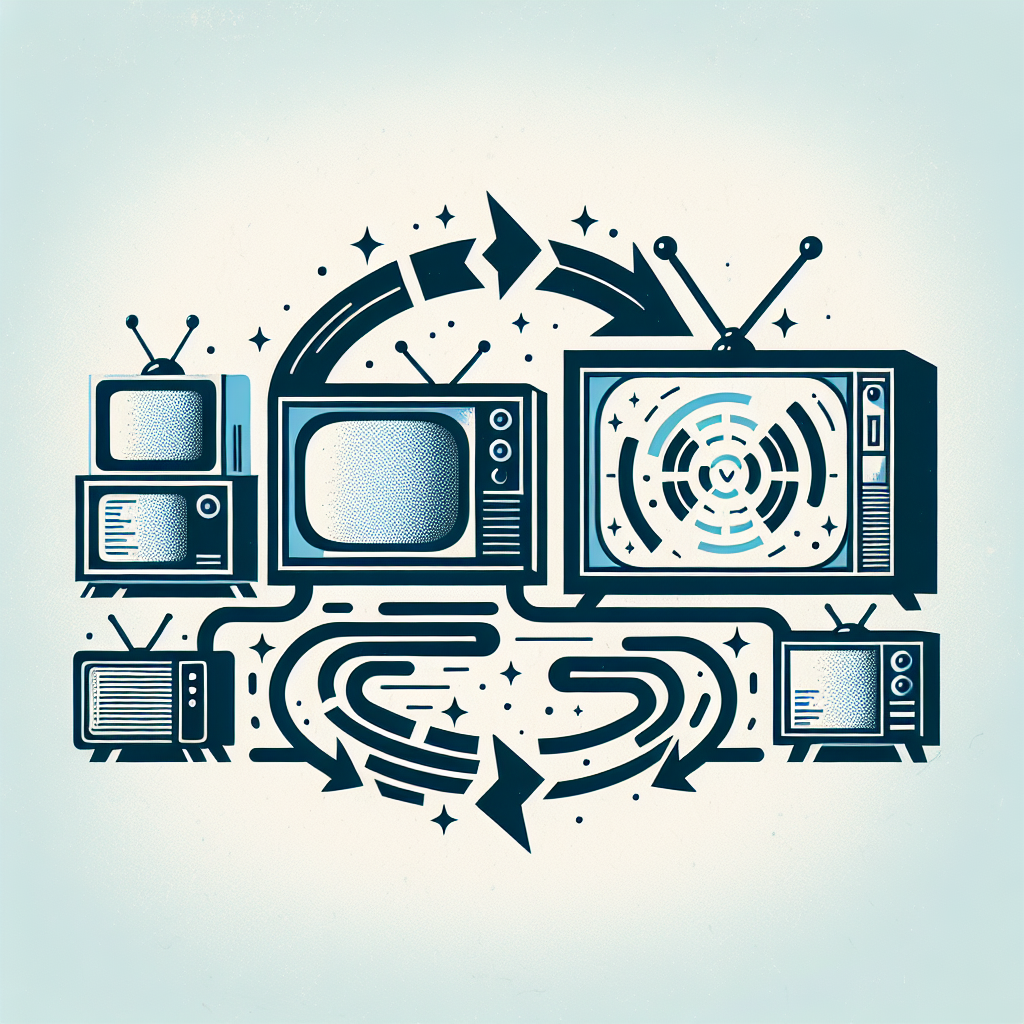Your cart is currently empty!
From Traditional TV to IPTV: Understanding the Transition

The way we consume television has drastically changed over the years. Gone are the days of sitting in front of a bulky television set with limited channels to choose from. With the rise of the internet and streaming services, traditional TV is slowly becoming a thing of the past. One of the biggest transitions in the TV industry is the shift from traditional TV to IPTV.
IPTV, or Internet Protocol Television, is a method of delivering television content over the internet rather than through traditional cable or satellite means. This allows viewers to access a wider range of channels and content, often at a lower cost than traditional TV packages. With IPTV, viewers can watch their favorite shows on their television, computer, tablet, or smartphone, giving them more flexibility and control over their viewing experience.
One of the key benefits of IPTV is its ability to offer on-demand content. Viewers can choose what they want to watch and when they want to watch it, rather than being limited to a set schedule. This is especially appealing to those who lead busy lives and may not always be able to watch a show when it airs on traditional TV.
IPTV also offers a more personalized viewing experience. Viewers can create their own playlists of favorite shows and movies, receive recommendations based on their viewing habits, and even pause, rewind, and fast forward live TV. This level of control is something that traditional TV simply cannot offer.
Another advantage of IPTV is its higher picture quality. With traditional TV, picture quality can be affected by factors such as weather or signal interference. IPTV, on the other hand, delivers content in high definition, providing viewers with a clear and crisp picture no matter the conditions.
However, the transition from traditional TV to IPTV is not without its challenges. Some viewers may be hesitant to switch to a new technology, particularly if they are comfortable with their current TV setup. Additionally, not all areas have access to high-speed internet, which is necessary for a smooth IPTV experience.
Despite these challenges, the transition from traditional TV to IPTV is well underway and is likely to continue in the coming years. As more and more viewers seek out alternative ways to watch television, IPTV offers a convenient, cost-effective, and customizable option. Whether you’re a die-hard TV fan or a casual viewer, it’s worth considering making the switch to IPTV for a more modern and enjoyable viewing experience.

Leave a Reply